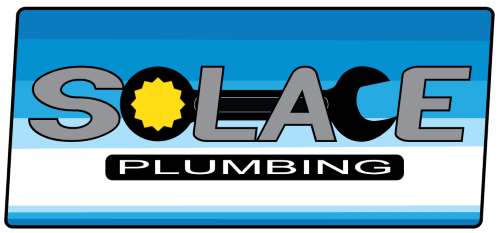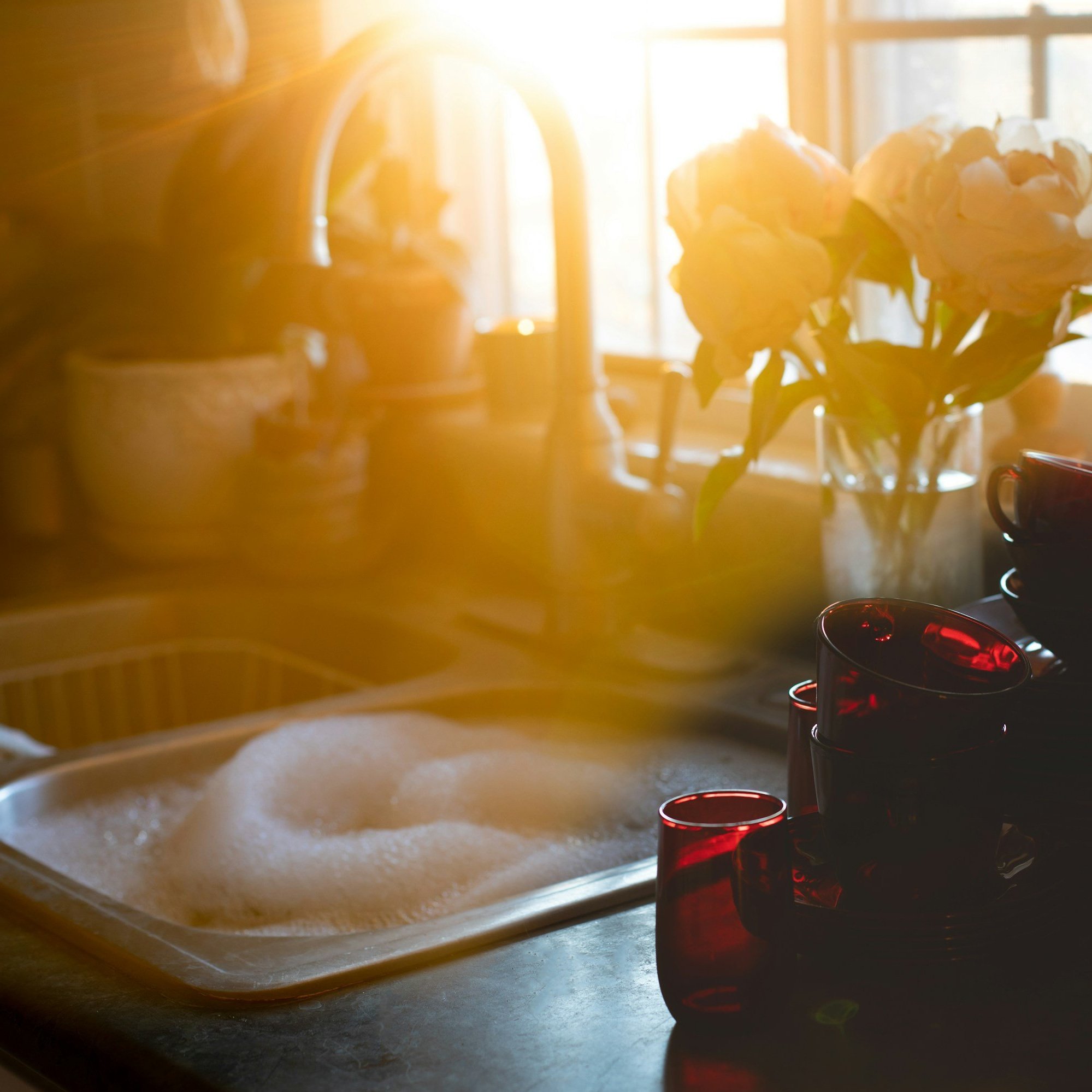Guide to Preventing Clogged Sinks
Clogged sinks are a common household issue that can cause inconvenience and frustration.
Clogged sinks are a common household issue that can cause inconvenience and frustration. Preventing sink clogs maintains the efficiency of the plumbing system and avoids costly professional plumbing repairs. Understanding the causes of clogs and implementing preventive measures can keep sinks running smoothly. Here is a comprehensive guide to preventing clogged sinks.
Mind What Goes Down the Drain
The first step in preventing clogged sinks is being mindful of what goes down the drain. Kitchen sinks are particularly prone to clogs due to food particles, grease, and other debris. Avoid disposing of coffee grounds, eggshells, pasta, rice, and fibrous vegetables down the sink. Grease and oil need to be collected and disposed of in the trash, as they can solidify and create stubborn blockages. In bathroom sinks, hair, soap scum, and toothpaste can accumulate over time, leading to clogs. Using a drain cover can help catch debris before it enters the plumbing system.
Regular Cleaning
Regular cleaning of sinks and drains is essential for preventing clogs. Sending hot water down the drain once a week can assist in dissolving any grease or soap buildup. A concoction of baking soda and vinegar is a strong natural cleaner that can break down organic matter and keep drains clear. Send half a cup of baking soda then half a cup of vinegar down the drain, allow it to sit for 15 minutes, and then flush with hot water. This simple routine can prevent many common clogs and keep the plumbing system in good condition.
Install Strainers
Installing strainers in sink drains is an effective way to prevent debris from entering the plumbing system. Strainers catch food particles, hair, and other debris, making it easy to dispose of them properly. Regularly emptying and cleaning the strainers guarantees they remain effective. Strainers are a simple yet powerful tool for maintaining clog-free sinks, especially in high-use areas like kitchens and bathrooms.
Avoid Chemical Drain Cleaners
While it might be tempting to utilize chemical drain cleaners to clear clogs, these products can cause more harm than good. Chemical drain cleaners host chemicals that can corrode pipes and damage the plumbing system. They may provide a temporary fix but often lead to more significant issues in the long run. Using natural methods or consulting a licensed plumber for persistent clogs is a safer and more effective approach.
Dispose of Waste Properly
Proper waste disposal is critical in stopping clogged sinks. Do not send grease down the drain, as it can gather and result in blockages. Alternatively, collect them in a container and dispose of them in the trash. Food waste should be thrown away or composted rather than washed down the sink.
Use Boiling Water
Sending boiling water down the drain can help dissolve and wash away grease and soap scum that may be accumulating in the pipes. This method is extremely useful for kitchen sinks where grease buildup is common. Sending boiling water down the drain once a week can keep the pipes clear and prevent clogs from forming. However, avoid using boiling water if there are PVC pipes.
Check for Leaks
Regularly checking for leaks can help identify potential issues before they become major problems. Leaks can cause moisture buildup, which attracts debris and leads to clogs. Inspect pipes and faucets for any signs of leaks and repair them promptly. An expert plumber can conduct a detailed inspection and provide professional plumbing repair services if necessary.
Routine Maintenance
Routine maintenance by a licensed plumber is an effective way to prevent clogged sinks. Regular inspections can identify potential issues and address them before they escalate. A professional plumber can also perform tasks such as cleaning the P-trap and inspecting the vent pipes, which are critical components of the plumbing system.
Educate Household Members
Educating household members about proper sink usage and waste disposal can prevent many common clogs. Make sure everyone understands the importance of not disposing of grease and food particles down the sink. Encourage regular cleaning and the use of strainers to catch debris. Collective effort in maintaining good sink habits can significantly reduce the likelihood of clogs.
Address Clogs Promptly
Promptly addressing clogs can prevent them from becoming more severe. At the first sign of a slow-draining sink, take action to clear the blockage. Using a plunger can effectively remove minor clogs. For persistent or severe clogs, consulting a licensed plumber is the best course of action.
Maintaining clog-free sinks involves a combination of mindful practices, regular cleaning, and proper waste disposal. Implementing these preventive measures can keep the plumbing system in good condition and avoid the need for costly professional plumbing repair.
Solace Plumbing has 26 years of experience offering comprehensive plumbing solutions to Gilbert, AZ, homeowners. We specialize in gas line install and repair, sump pump installation and repair, leak detection and repair, sink installation and repair, and toilet installation and repair. Licensed and insured. 24/7 emergency plumbing services and flexible virtual consultations available. Call today!

